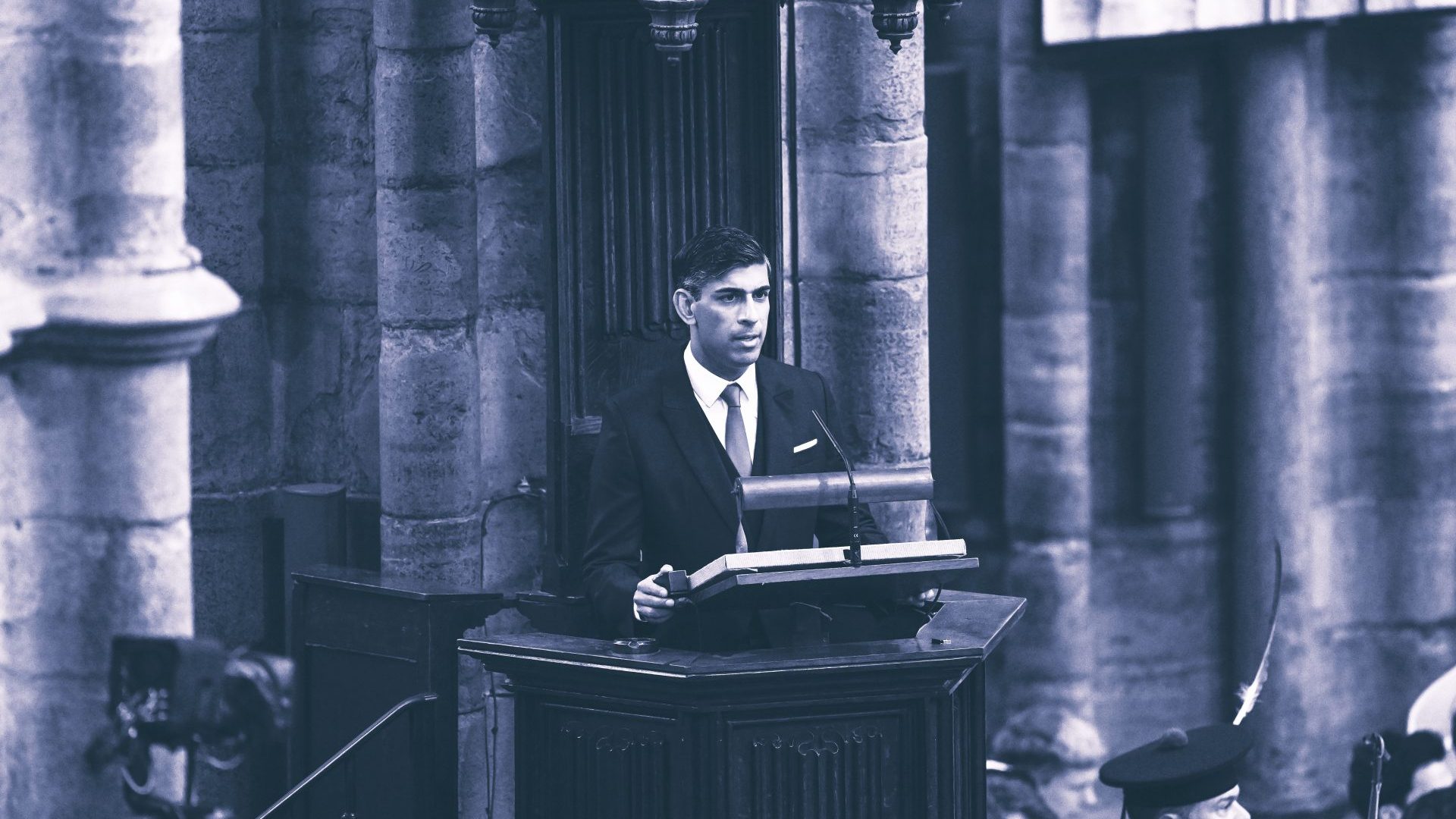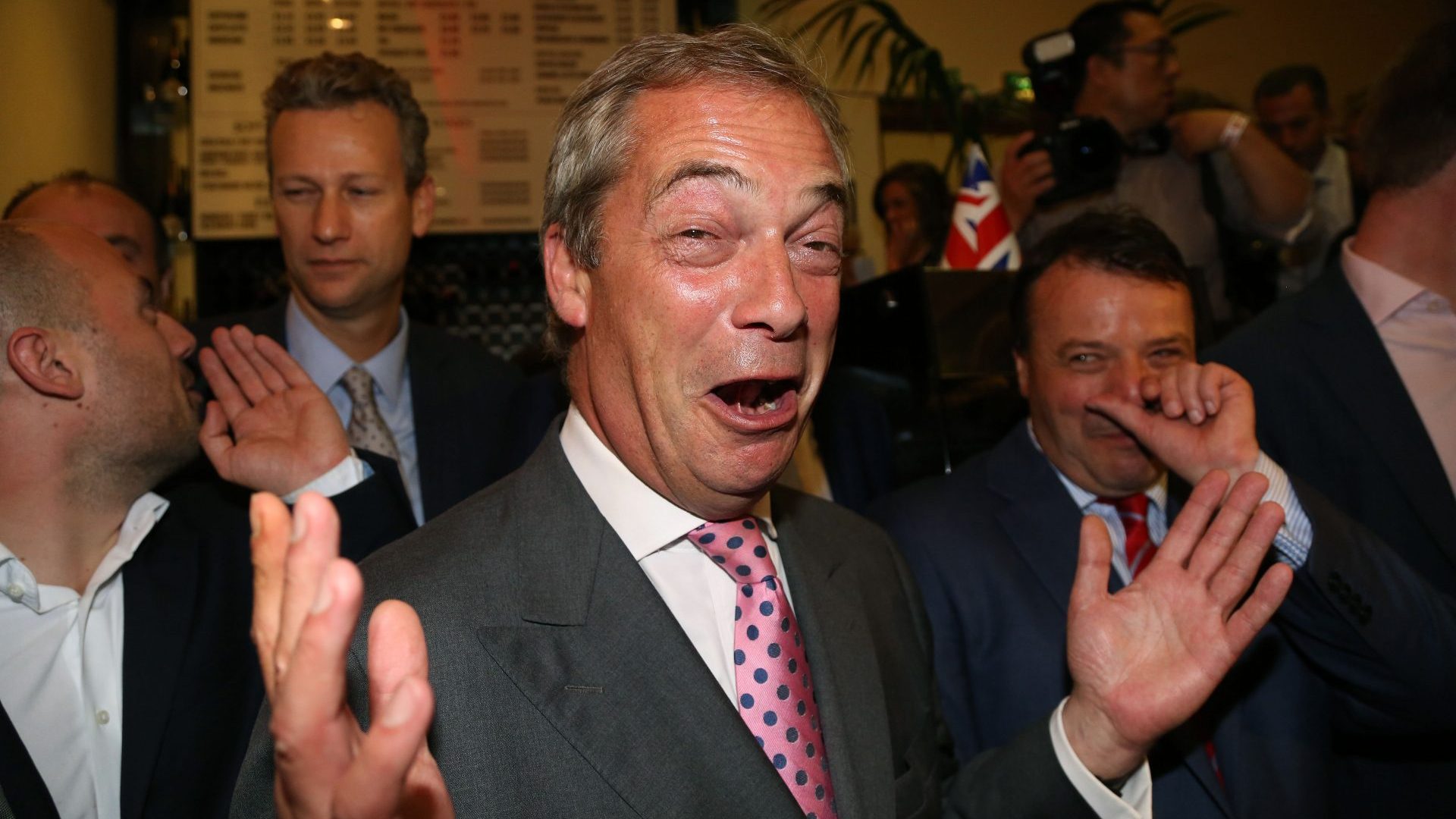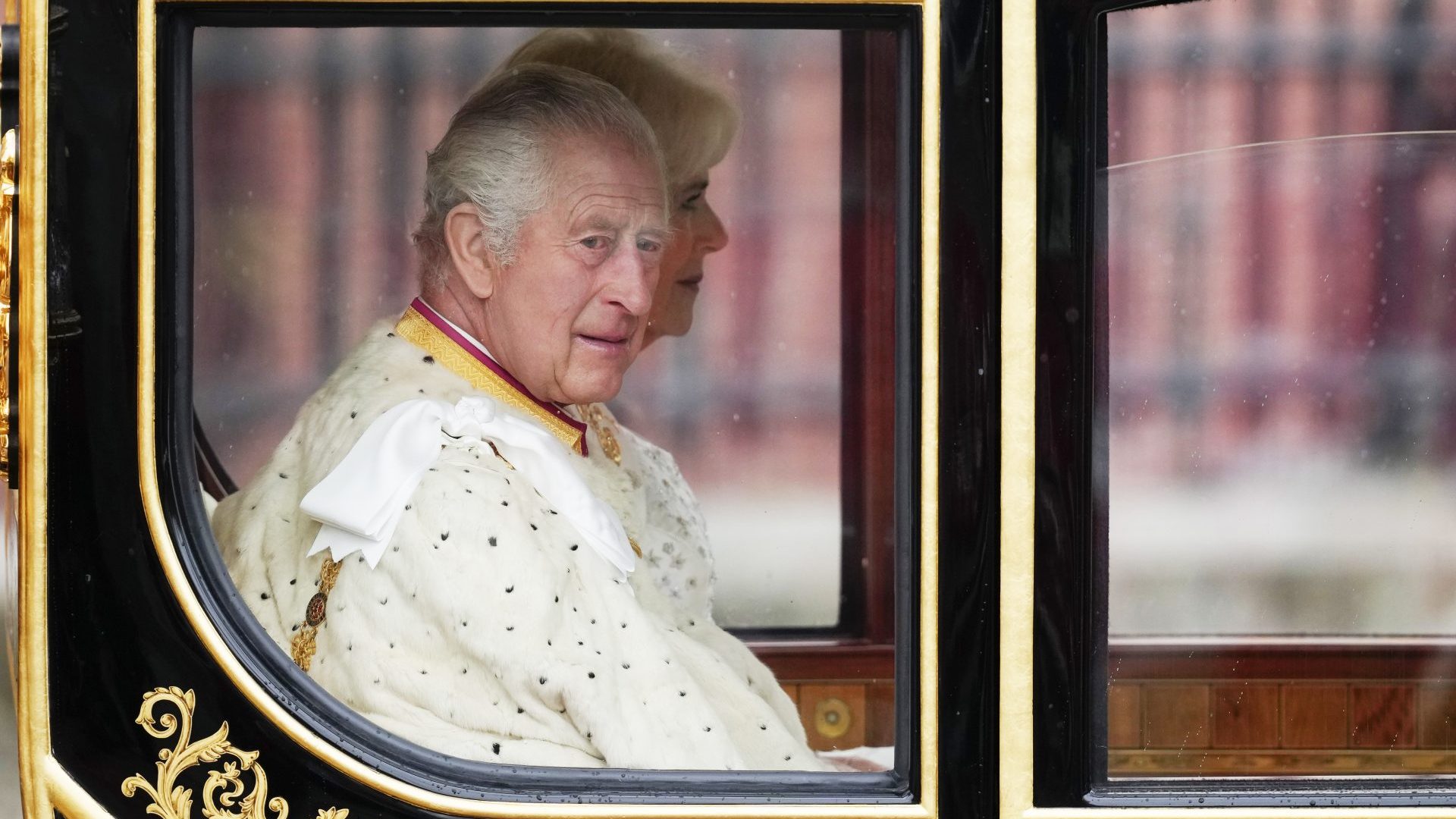As Rishi Sunak prepared to read from the Epistle to the Colossians in Westminster Abbey on Saturday, you could almost hear the specially upgraded A16 Bionic chip in his brain fizzing as it identified a rare political opportunity: if I can’t squeeze some advantage out of this, I may as well give up.
Before the service, one of the prime minister’s allies had pointed me in the direction of Winston Churchill’s broadcast introduction of Queen Elizabeth II’s message on the evening of her coronation 70 years ago. “We have had a day,” Churchill said, “which the oldest are proud to have lived to see and the youngest will remember all their lives.” As this Sunak supporter put it to me: “Just watch – this will be a big moment for Rishi.”
Except it wasn’t, was it? As it turned out, the cabinet member who made a mark on proceedings was Penny Mordaunt, lord president of the council, generating global media interest with a specially commissioned teal dress and cape by Safiyaa, and by her upper-body strength, as she held aloft the Sword of State and then the Jewelled Sword of Offering.
The coronation weekend was underpinned by what the late literary critic Frank Kermode would have called “the sense of an ending”. The twist is that the ending in question is not constitutional (the monarchy survives, thanks to the 1,000 years of tradition represented by ancient liturgy and by Take That). It is political.
In this age of digitised hyper-volatility, forecasting is a mug’s game; but I really cannot see the Tories coming back from this one. Whether or not Sir Keir Starmer is on course for a Commons majority or the messy task of coalition-building in a hung parliament is impossible to say – not least because London and Scotland did not go to the polls last Thursday. But the message from the electorate was unambiguous: taxi for the Conservative Party, please.
When these particular councils were last contested, in May 2019, only 22 days before Theresa May’s resignation as PM, the Tories lost 1,333 seats. So it is quite something that, on top of that, in the same local authorities, the party has now shed an additional 1,058.
There is simply no disguising the catastrophic nature of these results. The electoral coalition that delivered Boris Johnson a Commons majority of 80 in December 2019 is disintegrating before our eyes.
In the most pro-Brexit wards, Labour was up by 7% compared with 2021, and is especially pleased by its victory in Stoke-on-Trent, a symbolic “red wall”, Leave-voting city. In “blue wall” areas, meanwhile, the Lib Dems and Greens joined Labour in the demolition derby.
On Friday morning, Sunak could only repeat his five pledges like a speak-your-weight machine. “Do you really get what’s happened?” Sky’s Sophy Ridge asked Lucy Frazer, the culture secretary, on Sunday morning. “The prime minister is starting to deliver in a quiet way,” she replied. These were not the words of a senior minister who grasps that her party is now a burning building, joists and masonry crumbling all around.
As Disraeli famously said of the Liberal government in April 1872, this regime resembles “a range of exhausted volcanoes”. Sunak, the man who was going to steady the ship, has utterly failed his first electoral test. Seven years of Brexit have been an unqualified disaster, compounded by the grotesque farce of 2022: the year of three prime ministers and four chancellors.
The economy is set to shrink this year, while inflation remains stuck in double digits. Our public services are on their knees. Through his rictus, Sunak cannot have failed to note the pointed gratitude offered by the Prince of Wales at Windsor on Sunday night to those who serve “in classrooms [and] hospital wards”. Republicans have been using the hashtag #NotMyKing. The royal family might as well have been tweeting: #NotOurGovernment.
This is the specific context of the terrible reckoning that lies ahead of the Conservatives. But I think there is also a much deeper, tectonic change detectable beneath our feet: an End of Empire, if you like (it deserves its upper-case initials).
Since 1979, this country has been governed according to a particular political paradigm – a broad set of rules framed by Conservative ideologues that have shaped economic policy, public service reform, Britain’s sense of its role in the world, and the very nature of statecraft.
Margaret Thatcher was only half-joking when she said that New Labour was her greatest achievement, for Tony Blair’s essential strategy was to respect most of her legacy but to make it compatible with social justice. Initially, at least, David Cameron tried to add social liberalism to the mix.
But the party is over now. Brexit has reduced the Conservatives to a populist campaigning movement, engaged in crude culture wars and the nativist vilification of the world’s most wretched people in “small boats”.
For that alone, they deserve to be ejected from office. Yet it is not only their total loss of dignity since 2016 that is driving them towards a historic moment of total imperial collapse.
In marked contrast to 1979, the Conservative Party simply has no answers to the most pressing contemporary questions. It has nothing of substance to say about the inequalities generated by globalisation, human longevity, the climate emergency, the digital revolution, the intergenerational crisis, or the transformed geopolitical landscape.
All you really need to know about Sunak is that he had a portrait of Nigel Lawson behind his desk in the Treasury. For all his claims to modernity, he is still using 40-year-old software on a national machine crying out for a reboot.
The sun is finally setting on a political empire born 44 years ago: that was Thursday’s unequivocal message. It is high time that the British 21st century began in earnest. Is Starmer’s Labour Party up for the challenge? And are we?




